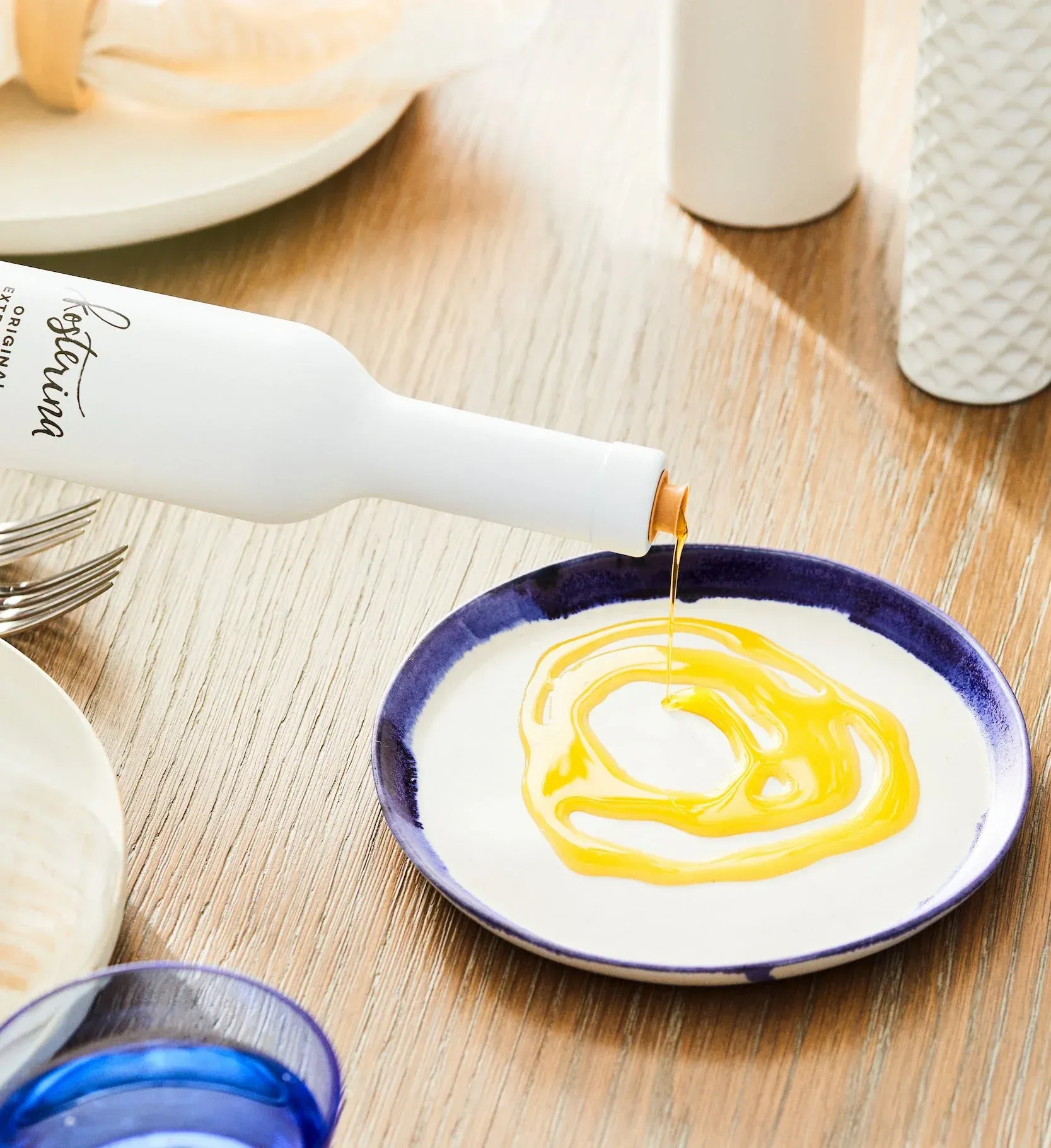Chef-Crafted, Nutrient-Dense Meals for Gut Health, Longevity & Peak Performance
Daily Dose: Organic Meal Plan Delivery for Clean Eating in NYC Metro
Daily Dose delivers chef-prepared, organic meal plans designed for gut health, weight optimization, peak performance, and longevity—all with zero gluten, refined sugar, or preservatives. Our science-backed nutrition programs make eating clean effortless.

DAILY DOSE
The future of longevity nutrition starts with your plate
At Daily Dose, we believe that the key to longevity, vitality, and optimal health begins with what’s on your plate. Designed by Tricia Williams, the pioneering Longevity Chef Nutritionist, our meal programs combine functional nutrition, regenerative ingredients, and culinary excellence to fuel your body and mind for a longer, healthier life.
How it works
01
Choose your plan
Select from longevity, performance, weight loss, or gut health meal plans tailored to your wellness goals.
02
Get fresh, chef-prepared
meals
Select a meal plan that aligns with your wellness goals, whether it’s longevity, performance, weight optimization, or gut health.
03
Nourish your body with
longevity-focused nutrition
Select a meal plan that aligns with your wellness goals, whether it’s longevity, performance, weight optimization, or gut health.
Every meal is designed to reduce inflammation, balance blood sugar, boost cognitive function, and support gut health.

Why choose DAILY DOSE?
Science-backed nutrition
Designed by Tricia Williams, The Longevity Chef, in collaboration with leading health experts like Dr. James DiNicolantonio, Dr. Uma Naidoo, and Dr. David Perlmutter.
Regenerative, organic ingredients
Sourced from biodynamic, sustainable farms to ensure the highest nutrient density.
Functional superfoods for longevity
Meals are rich in antioxidants, adaptogens, and phytonutrients to enhance cognitive and metabolic health.
Convenience without compromise
Enjoy fresh, organic, chef-crafted meals—delivered straight to your doorstep in compostable, eco-friendly packaging.
Introducing
Modern Mediterranean with Katerina of Kosterina
The Mediterranean diet is the world’s healthiest way to eat—and now, we’re making it easier than ever. In collaboration with Katerina Mountanos, founder of Kosterina, we’ve crafted a Modern Mediterranean Meal Planthat blends tradition with modern wellness.
Enjoy chef-crafted, nutritionist-approved meals featuring premium olive oil, fresh vegetables, lean proteins, and antioxidant-rich superfoods—all designed to support longevity, gut health, and vitality.
Taste the best of the Mediterranean—delivered to your door.

Find your perfect meal plan
We offer customized meal plans based on your dietary preferences, lifestyle, and health goals. Whether you’re focused on weight loss, performance, metabolic health, or anti-aging, we have a plan for you.
Tricia
Williams
Founder, Longevity Chef Nutritionist, expert in bio-individual functional nutrition
Dr. David Perlmutter
Neurologist & NYT best selling author of Drop Acid, expert in brain health & metabolic wellness
Not sure which plan is right for you?
Email us at info@dailydoselife.com for personalized recommendations.
The Ultimate Fine Dining Experience at Home – Personalized Culinary Excellence in Your Kitchen
Private chef services in nye, the hamptons, palm beach & los angeles
Experience luxury, health-driven dining in the comfort of your home with DAILY DOSE Private Chef Services, available in New York City, the Hamptons, Palm Beach, and Los Angeles. Whether you’re hosting an elegant dinner, a wellness retreat, or seeking chef-prepared, organic meals tailored to your lifestyle, our expert chefs create bespoke culinary experiences for every occasion.









